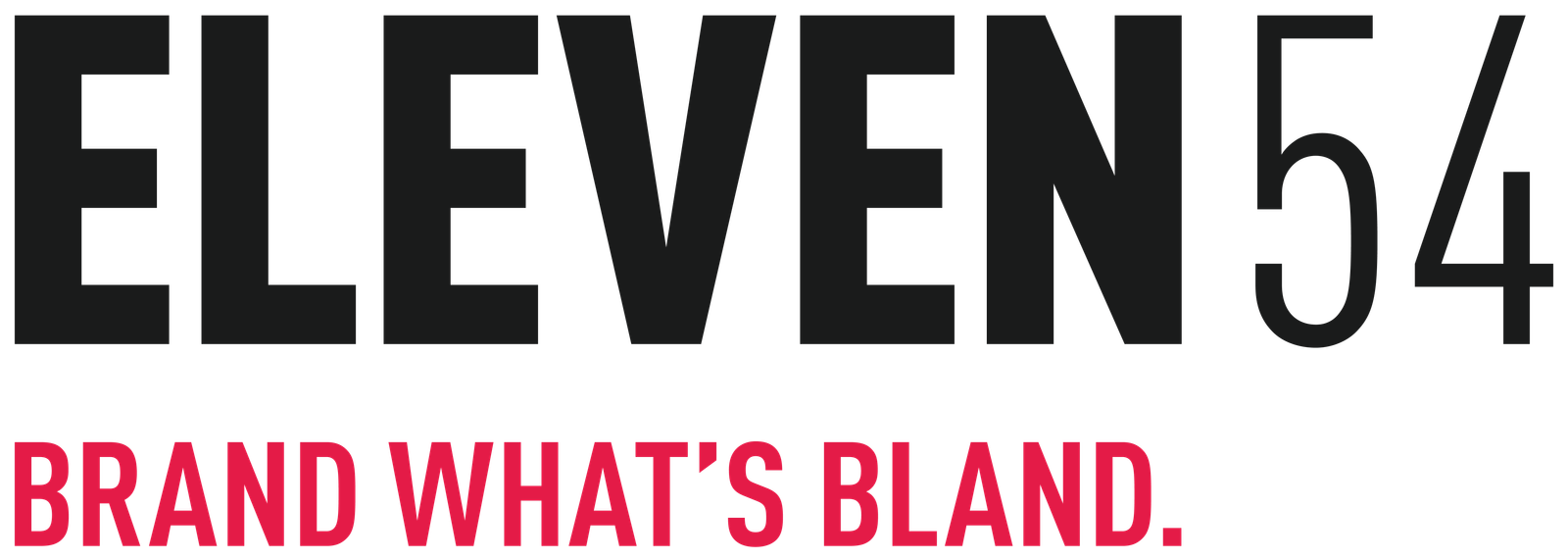Which Digital Marketing Strategy is Best for Your Business?
In the world of digital marketing, businesses have two powerful tools at their disposal to increase visibility and drive traffic to their websites: Search Engine Optimization (SEO) and Pay-Per-Click (PPC) advertising. Both strategies aim to achieve the same goal—putting your brand in front of your target audience—but they function in entirely different ways. Choosing the right strategy for your business depends on your goals, budget, and timeline. In this blog, we’ll break down the key differences between SEO and PPC, and offer insights on when to use each to maximize your marketing success.
What is SEO?
Search Engine Optimization (SEO) refers to the process of optimizing your website and content so that it ranks higher in organic (unpaid) search engine results, such as on Google, Bing, or Yahoo. SEO focuses on long-term visibility by enhancing your site’s relevance, authority, and user experience to improve rankings over time.
Key elements of SEO include:
- Keyword Optimization: Identifying and using the right keywords that your target audience is searching for.
- On-Page SEO: Optimizing content, meta descriptions, title tags, and URL structures on your website to make it more search-engine friendly.
- Off-Page SEO: Building backlinks and generating social signals that point to your site, increasing its authority.
- Technical SEO: Ensuring your website has a solid technical foundation with a fast load time, mobile-friendliness, and proper indexing.
Advantages of SEO:
- Cost-Effective in the Long Run: SEO doesn’t involve paying for ads directly. Once you’ve established a strong SEO presence, you can enjoy consistent organic traffic without ongoing costs.
- Builds Authority and Trust: Higher organic rankings signal credibility and trustworthiness to users, making SEO ideal for building long-term brand value.
- Sustainable Traffic: SEO provides a steady stream of traffic over time, as opposed to the spikes and drops that can happen with paid ads.
Disadvantages of SEO:
- Takes Time: SEO is a long-term strategy, often taking months to see significant improvements in rankings and traffic.
- Highly Competitive: Achieving high rankings in competitive industries can be challenging and requires constant optimization and effort.
- Algorithm Dependence: Search engines frequently update their algorithms, which can impact rankings, making it important to stay updated on SEO best practices.
What is PPC?
Pay-Per-Click (PPC) advertising is a model where businesses pay for their ads to appear at the top of search engine results pages (SERPs) or on various online platforms. Unlike SEO, PPC generates instant results, as your ads appear immediately after setting up your campaign. However, you pay each time someone clicks on your ad, hence the name “pay-per-click.”
Key elements of PPC include:
- Keyword Bidding: Businesses bid on specific keywords they want their ads to appear for. Higher bids can result in better ad placement.
- Ad Creation: Crafting compelling ad copy and visuals that entice users to click.
- Targeting Options: PPC platforms like Google Ads allow for advanced targeting based on demographics, geography, and search intent.
- Budget Control: PPC offers complete control over your budget, letting you set daily or campaign limits.
Advantages of PPC:
- Instant Results: Unlike SEO, which can take time, PPC ads can drive traffic to your site almost immediately after launch.
- Highly Targeted: PPC allows you to target specific audiences based on search queries, demographics, location, and more, ensuring your ads reach the right people.
- Measurable Results: PPC campaigns offer detailed analytics, allowing you to track ad performance and return on investment (ROI) in real time.
Disadvantages of PPC:
- Can Be Expensive: Depending on your industry, PPC can be costly, especially for competitive keywords that require high bids.
- Temporary Impact: Once your ad budget runs out, your visibility vanishes. Unlike SEO, PPC doesn’t provide lasting benefits after you stop paying.
- Click Fraud Risk: Competitors or bots might click your ads maliciously, resulting in unnecessary costs without real customer conversions.
When to Use SEO
- Long-Term Goals: If you’re focused on building lasting brand authority and sustainable traffic over time, SEO is your best bet. It’s a great option for businesses that want to grow organically and aren’t in a rush to see immediate results.
- Tight Budget: SEO works well for businesses with smaller marketing budgets, as the long-term benefits often outweigh the initial costs, especially if you’re willing to invest time into optimizing your site.
- Content-Driven Strategies: If your business relies heavily on content marketing (blogs, videos, infographics), SEO complements that strategy by increasing your content’s visibility in search engines.
When to Use PPC
- Immediate Traffic Needs: If you need to drive traffic and leads quickly, PPC is the way to go. Whether it’s a product launch, promotion, or event, PPC can deliver instant results.
- Highly Competitive Industries: In industries where SEO rankings are highly competitive or saturated, PPC can give you a competitive edge by allowing you to appear at the top of search results.
- Precise Audience Targeting: If your marketing strategy requires granular targeting, such as reaching a specific demographic or geographical region, PPC offers advanced targeting features that SEO cannot.
Combining SEO and PPC: The Best of Both Worlds
In many cases, the most effective digital marketing strategy is a combination of both SEO and PPC. By using SEO for long-term growth and PPC for immediate visibility, businesses can cover all bases. For example, you might use PPC to promote a product launch while simultaneously working on SEO to build long-term organic traffic.
This hybrid approach allows you to reap the benefits of both strategies: SEO’s credibility and sustainability, and PPC’s immediacy and precision targeting.
Final Thoughts
Choosing between SEO and PPC depends on your business goals, timeline, and budget. SEO is the go-to strategy for sustainable, long-term growth, while PPC excels at delivering quick results and precise audience targeting. Ultimately, the right strategy—or combination of both—will vary depending on the specific needs of your business.
If you’re unsure which strategy is right for your business, contact Eleven54 today for a tailored digital marketing plan that aligns with your goals!

